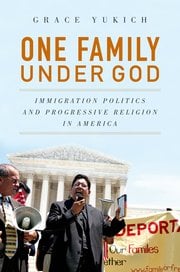Clearly the Atlantic Monthly is onto something in its coverage of men, women, and relationships. First it was “The End of Men,” the provocative cover-story article by Hanna Rosin back in July 2010. And now it’s “All the Single Ladies,” the November cover splash by Kate Bolick that’s gone stratospheric in reader attention before we’re even halfway through October. I argued last February in a Slate article that if the former title holds true, the second one will no doubt follow in its footsteps.
Basically, floundering men enable the flourishing men around them to become pickier about their romantic relationships and how they transpire, all the more in a world wherein women don’t really even need men anymore in order to live fruitful, satisfying, economically-secure lives. (But they still want men, which is always nice to hear.) Ergo, we should see less marrying going on, and at later ages. And voila, that is what we have.
We could argue the wisdom of this till we’re hoarse, but a piece of new research I saw recently reinforced the idea that marriage can shape how or what religious people think. In a fascinating article in the September issue of the Journal for the Scientific Study of Religion, Notre Dame graduate student Justin Farrell documents how evangelical Christians in America under the age of 30 are significantly more “liberal” (for lack of a better word) about matters of sex and marriage—from premarital sex to porn to same-sex marriage and cohabitation—than evangelicals ages 30 and up. But, notably, being married significantly predicted more conservative attitudes about premarital sex and same-sex marriage, regardless of whether they were in the 30-and-over category or the under-30 group (or a bunch of other things). Farrell also notes that evangelicals are marrying about one year—on average—earlier than the American median age at first marriage, which now stands at 28.4 for men and 26.7 for women.
So much for the conventional wisdom that evangelicals typically marry as late teens or in their early 20s; we knew that wasn’t true, but this is the first time I’ve laid eyes on a decent estimate from reliable data. While I’ve become known for thinking Americans wait too long to marry, the JSSR article suggests—or implies, at least—that younger evangelicals’ marital status matters for their opinions about the sex lives of other people. Not surprising. Ideas, after all, aren’t thought about and shaped in a social vacuum, but within real lived contexts and relationships.















